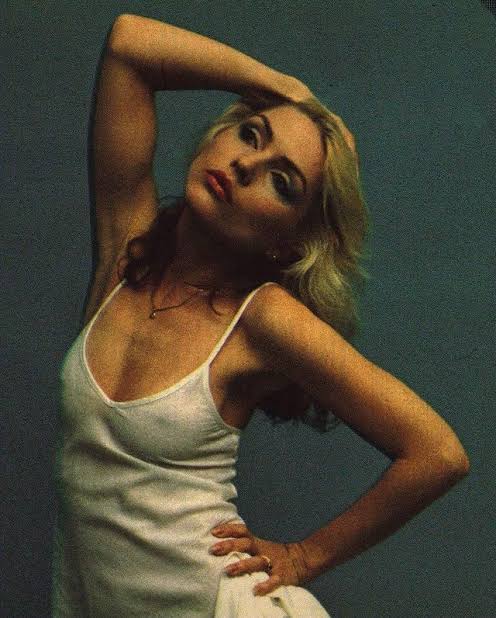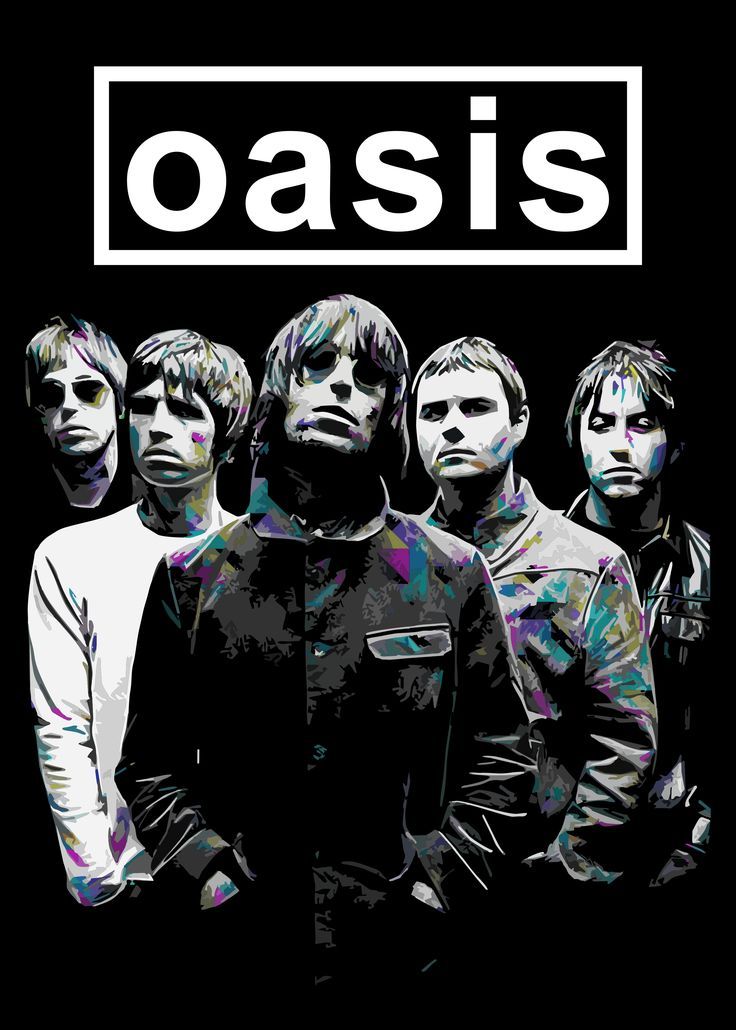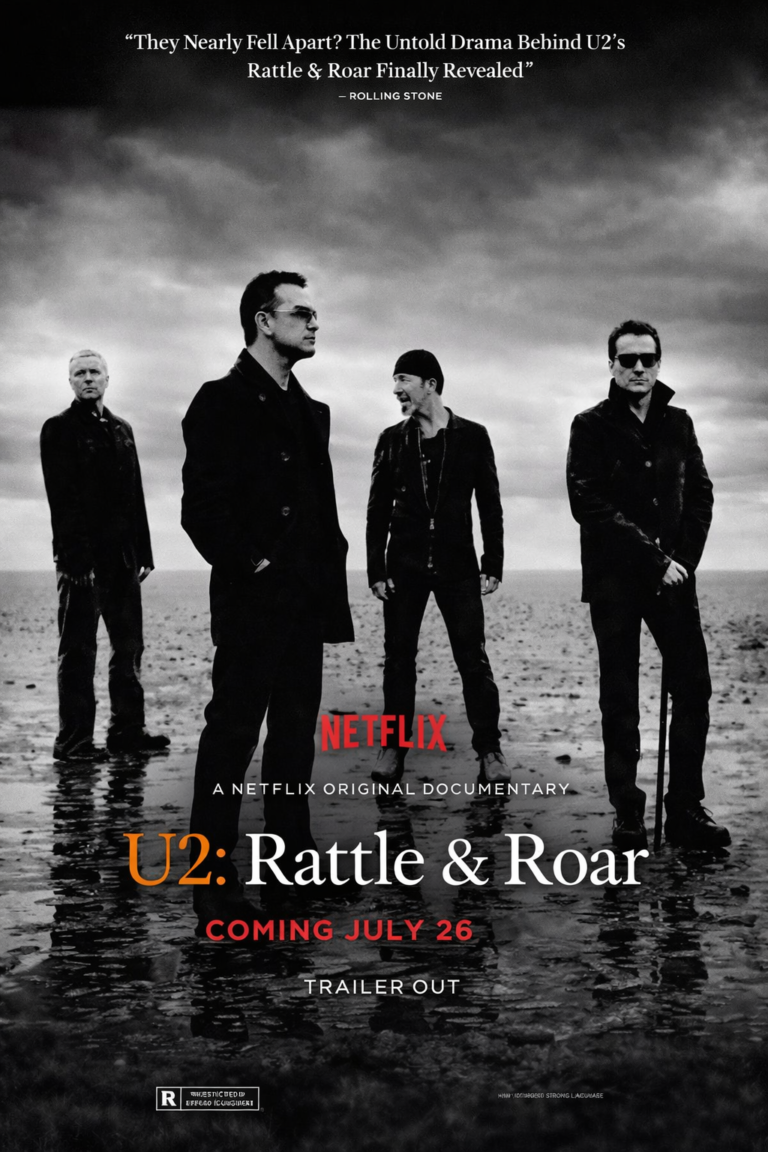
Netflix has officially announced a 10-episode documentary series on the iconic Debbie Harry, titled “Heart of Glass: The Debbie Harry Story”, and the music world is already buzzing with excitement. The series promises to chronicle the extraordinary life and career of the Blondie frontwoman — a woman who shattered boundaries, redefined rock stardom, and became a cultural symbol of punk, pop, and pure individuality. From her gritty early days in New York’s underground scene to her rise as an international icon, this series aims to capture every beat of her fearless journey.
The trailer opens with grainy footage of Debbie walking through Manhattan in the late ’70s — blonde hair glowing under neon lights, leather jacket swaying with each confident step. Her voice narrates softly: “I never wanted to be ordinary.” Those words set the tone for what follows — a visual and emotional ride through the chaos, creativity, and charisma that defined her career. From the dingy clubs of CBGB to the bright glare of global fame, the story unfolds like a love letter to rebellion and reinvention.
Netflix’s team has clearly poured passion into telling this story with authenticity and depth. The documentary delves into how Debbie Harry and Blondie transformed the New York punk scene, fusing raw attitude with irresistible pop hooks that birthed timeless hits like Heart of Glass, Call Me, and Rapture. Through rare archival footage, unseen photos, and intimate interviews, fans will see the evolution of an artist who never let the industry define her — instead, she defined it herself.
The series doesn’t shy away from the challenges behind the glamour. Debbie speaks candidly about fame’s pressures, artistic integrity, and personal struggles — from creative burnout to the darker side of the music world. Yet, through every hardship, her resilience shines. Her story becomes one of survival and reinvention, of a woman who refused to be silenced, choosing instead to amplify her voice louder than ever. Netflix’s storytelling promises a perfect balance between nostalgia and revelation.
What makes “Heart of Glass: The Debbie Harry Story” stand out is its focus on the artist beyond the spotlight. The documentary explores Debbie’s influence on fashion, film, and feminism — how she became a muse for designers, filmmakers, and fans who saw in her a bold vision of what female power could look like. Her image — both tough and tender — transcended music, turning her into a symbol of self-expression that continues to inspire artists across genres and generations.
Visually, the trailer hints at a blend of vintage rock photography, electric stage footage, and newly filmed interviews that bring her world to life. The editing pulsates with the energy of Blondie’s sound — fast, stylish, and unapologetically cool. Every frame seems designed to mirror Debbie’s aesthetic: sharp, rebellious, and effortlessly chic. Viewers are not just watching a biography — they’re stepping into the heartbeat of a cultural movement.
Longtime fans will find themselves immersed in nostalgia, revisiting the rise of one of rock’s most magnetic frontwomen, while new viewers will discover the depth and artistry behind the legend. Netflix has once again managed to merge storytelling and sound into something more than entertainment — a cinematic portrait of creativity, courage, and identity. As one voiceover in the trailer puts it: “She wasn’t just part of the scene — she was the scene.”
The trailer closes with Debbie, standing under the spotlight, smiling as the crowd chants her name. It’s a moment of power, grace, and gratitude — a fitting end to a glimpse of a story still echoing through generations. With “Heart of Glass: The Debbie Harry Story,” Netflix promises not just a documentary, but a celebration of a woman who turned rebellion into art, and art into legacy.



